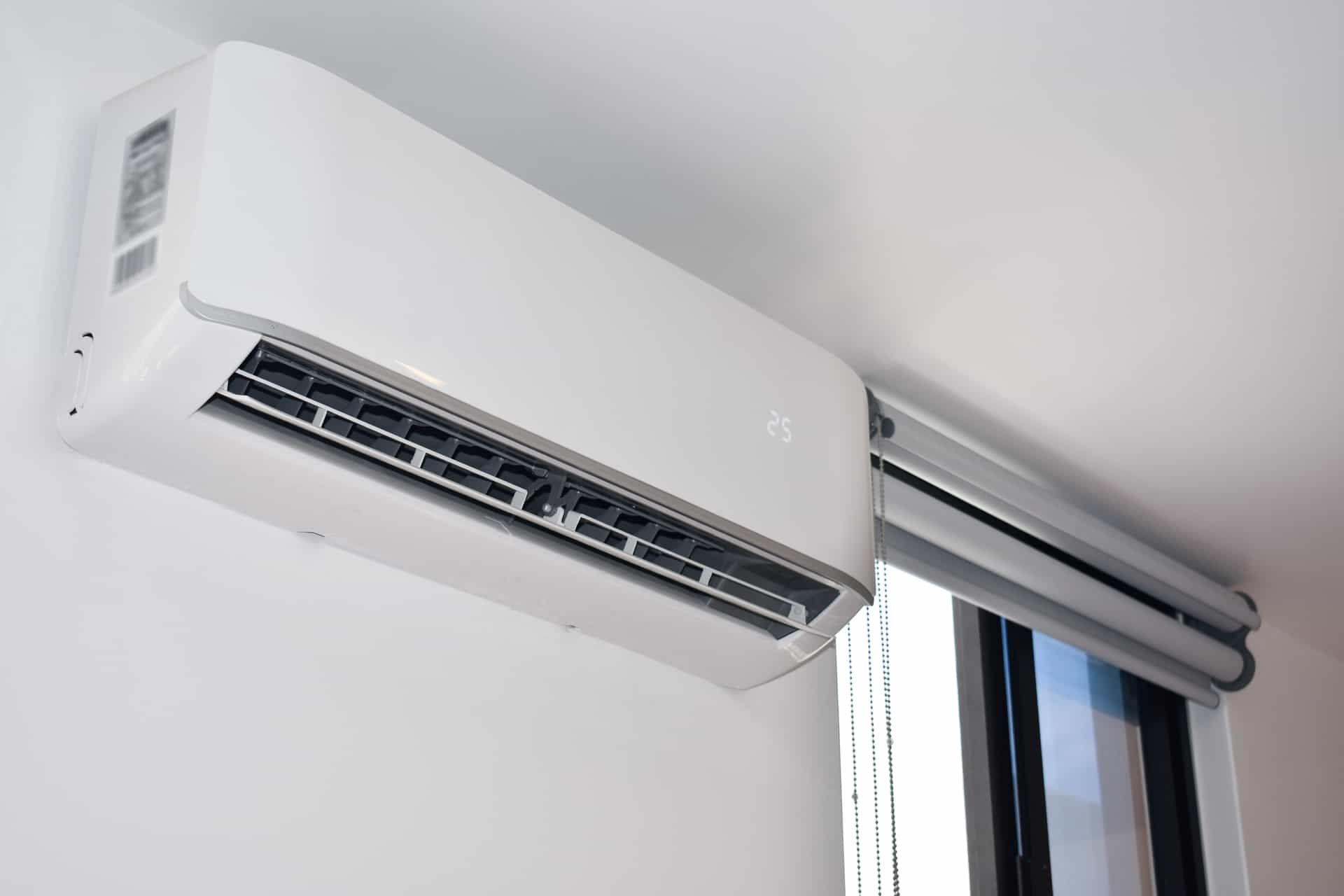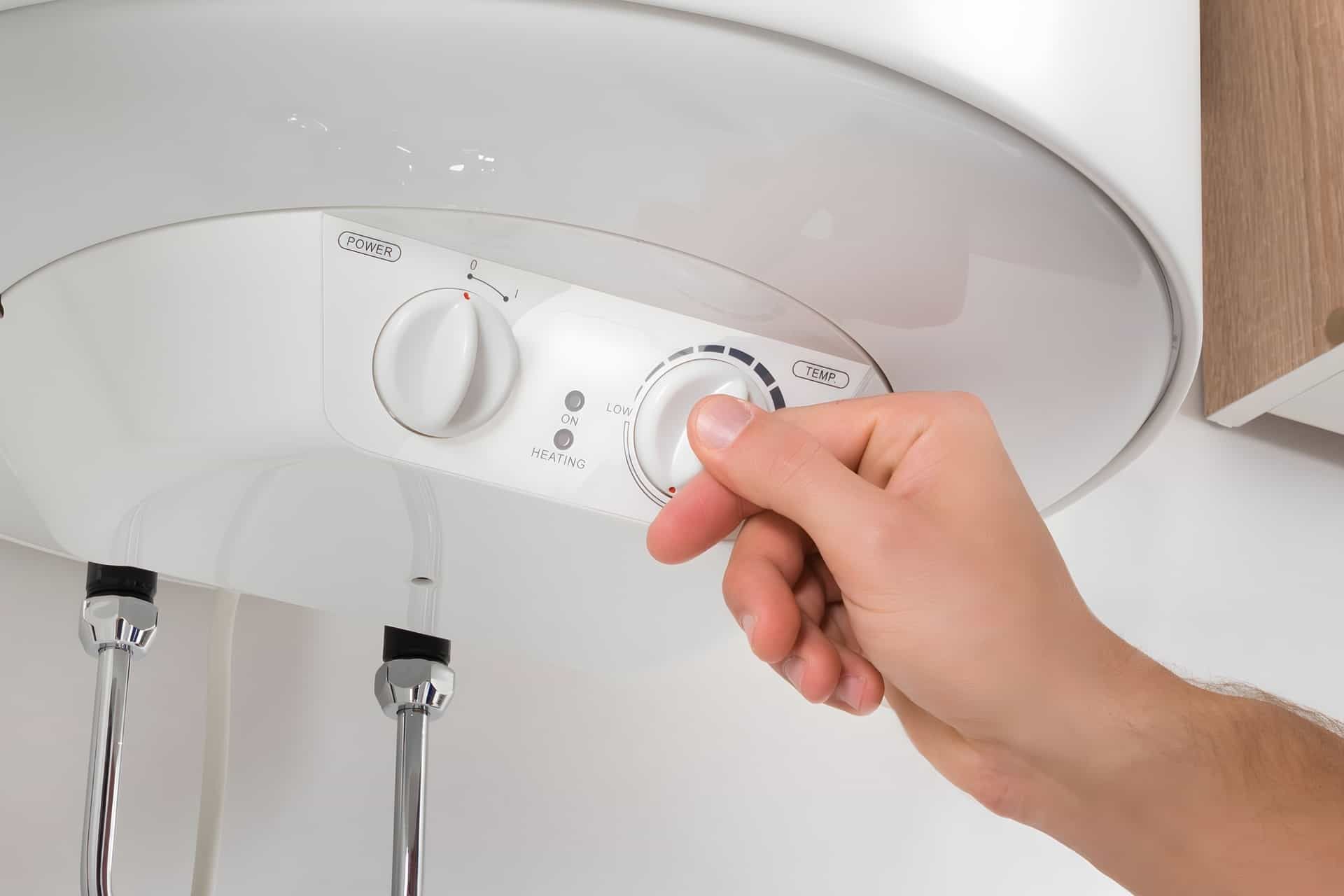Are Ductless Mini-Split Systems Cheaper than Standard AC Units?

When considering a cooling system for your home, the choice often boils down to two popular options: ductless mini-split systems and standard AC units. Each has unique features, costs, and benefits, but the ultimate question for many homeowners is, "Which is cheaper?" This guide will help you explore the financial aspects of both systems to make an informed decision.
What Are Ductless Mini-Split Systems?
Ductless mini-split systems have two main components: an indoor air-handling unit and an outdoor compressor. Unlike standard AC units, these systems don't require ductwork to distribute air. Instead, the indoor unit is mounted on a wall or ceiling and directly cools its installed space. They are particularly popular in homes without existing ductwork or spaces like garages, basements, and additions.
What Are Standard AC Units?
Standard AC systems, often called central air conditioners, use ductwork to distribute cool air throughout the home. These systems have a single outdoor unit connected to an indoor evaporator coil, which cools the air before pushing it through the ducts. Standard AC units are ideal for homes that already have a ductwork system in place.
1. Initial Installation Factors
Ductless Mini-Split Systems
These systems are simpler to install in homes without existing ductwork since they don't require extensive structural modifications. This makes them a convenient option for older homes or spaces being renovated.
Standard AC Units
A standard AC system is typically easier to integrate for homes with existing ductwork. However, the installation process can become more complex if ductwork needs to be added or repaired.
Verdict
The ease of installation often depends on whether ductwork is already in place. Ductless systems can be more convenient for homes without ducts, while standard systems are a logical choice for homes with functional ductwork.
2. Energy Efficiency and Operating Costs
Ductless Mini-Split Systems
One of the standout features of ductless mini-split systems is their energy efficiency. These systems allow for zoned cooling, meaning you can cool only the rooms you're using. This can significantly lower your energy bills. Mini-splits often have higher SEER (Seasonal Energy Efficiency Ratio) ratings than standard AC units, which means they use less energy to achieve the same level of
cooling.
Standard AC Units
Standard AC units cool your entire home at once, even if you only use one or two rooms. This can lead to higher energy consumption. While newer models are more energy-efficient, standard AC systems are generally less efficient than ductless mini-split systems.
Verdict
Ductless mini-split systems are usually cheaper to operate over time due to their energy efficiency and zoned cooling capabilities.
3. Maintenance and Repairs
Ductless Mini-Split Systems
Maintaining a mini-split system involves cleaning the filters, checking refrigerant levels, and inspecting the outdoor compressor. Repairs can sometimes be more expensive because these systems use advanced technology.
Standard AC Units
Standard AC systems require regular maintenance, including duct cleaning, filter replacement, and system inspections. Ductwork can develop leaks over time, reducing efficiency and requiring costly repairs.
Verdict
Ductless mini-split systems typically require less maintenance and avoid the hidden costs of
ductwork repairs, making them a more affordable option in the long run.
4. Longevity and Durability
Ductless Mini-Split Systems
Mini-split systems can last 15–20 years with proper maintenance. Their simple design and lack of ducts make them less prone to wear and tear.
Standard AC Units
Standard AC units have a lifespan of 10–15 years. The ductwork can last longer but may require periodic repairs or replacement.
Verdict
Ductless mini-split systems tend to last longer, providing better value over time.
5. Flexibility and Customization
Ductless Mini-Split Systems
These highly flexible systems allow you to set different temperatures in different zones of your home. This is especially useful for households with varying cooling preferences.
Standard AC Units
While standard AC systems can cool an entire home, they don't offer the same level of customization. You'll have one
thermostat controlling the temperature throughout the house.
Verdict
Ductless mini-split systems offer more flexibility, making them a better choice for homes with diverse cooling needs.
6. Environmental Impact
Ductless Mini-Split Systems
Because they use less energy, mini-split systems are more environmentally friendly. Their higher efficiency means reduced greenhouse gas emissions.
Standard AC Units
Standard AC units, especially older models, consume more energy and contribute more to environmental degradation. However, newer models are closing the gap with improved efficiency standards.
Verdict
Ductless mini-split systems are the greener choice, mainly if you aim to reduce your carbon footprint.
When to Choose a Ductless Mini-Split System
- Your home doesn't have existing ductwork.
- You want zoned cooling to save on energy costs.
- You're adding a room or converting a space like a garage.
When to Choose a Standard AC Unit
- Your home already has ductwork in good condition.
- You want consistent cooling throughout the entire home.
- The upfront cost is a significant factor in your decision.
Final Thoughts
The "cheaper" option depends on your specific needs and home setup when comparing ductless mini-split systems to standard AC units. Ductless systems are often more cost-effective in the long run due to their energy efficiency, low maintenance costs, and longer lifespan. However, if your home already has ductwork, a standard AC unit might initially be the more budget-friendly choice.
Ready to upgrade your cooling system? Contact us at
GNV Heating and Air Conditioning today for expert advice and installation!
Disclaimer: The information on this website and blog is for general informational purposes only and is not professional advice. We make no guarantees of accuracy or completeness. We disclaim all liability for errors, omissions, or reliance on this content. Always consult a qualified professional for specific guidance.






